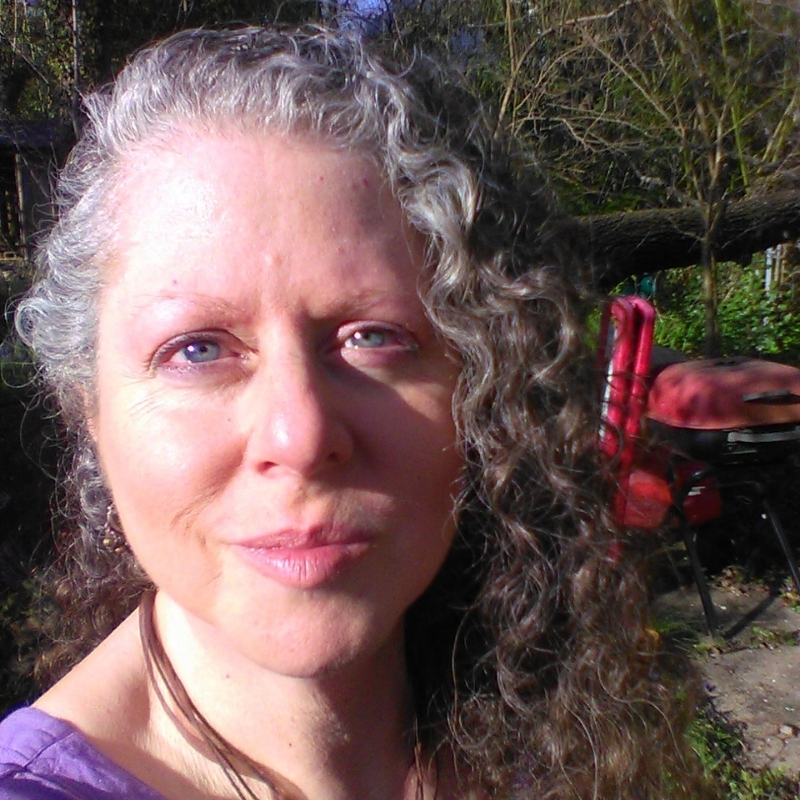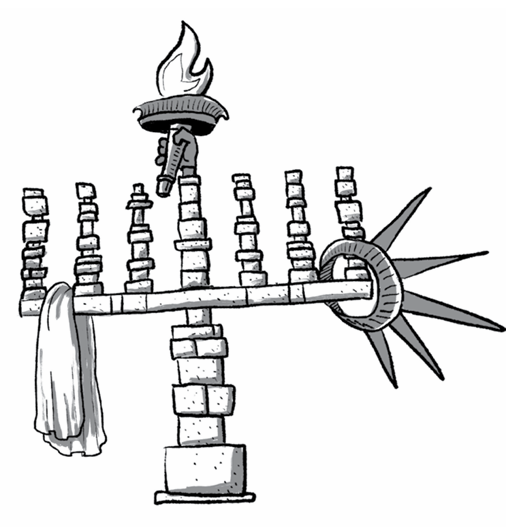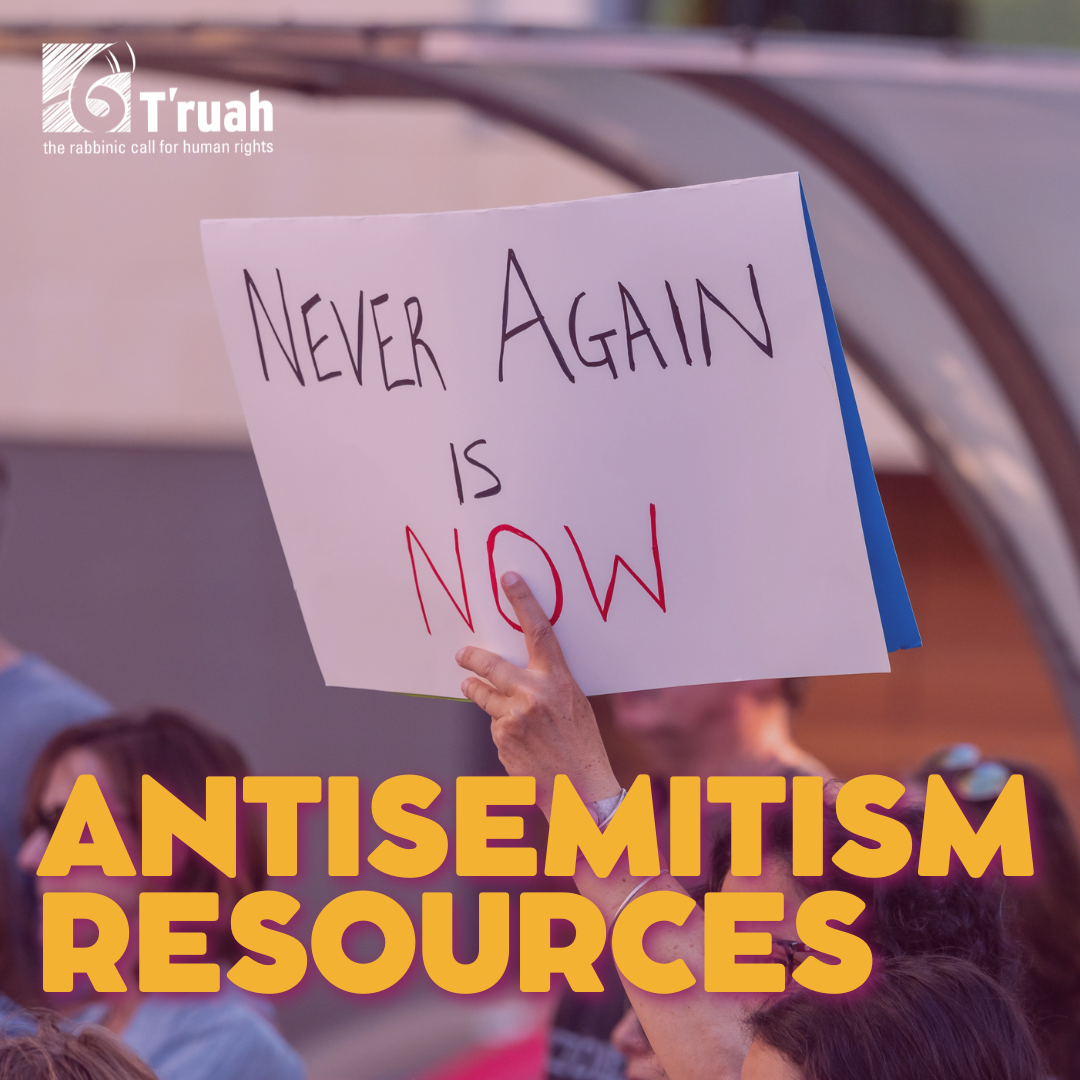Resources
Featured Holiday Resources See all holidays
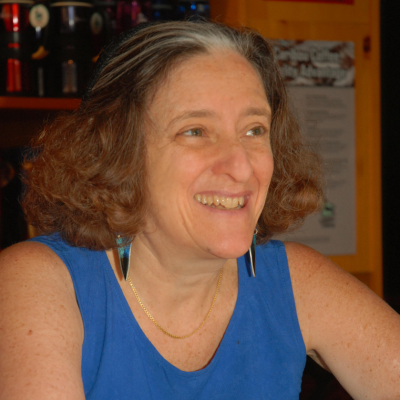
Rosh Hashanah: Teshuvah, Tefilah, and Tzedakah in Israel
'On Rosh Hashanah, it is written and on Yom Kippur, it is sealed: How many will die and how many will be born? Who will live and who will die?' This is one of the most beloved and troubling of Rosh Hashanah prayers. But such is the power of great poetry.
more
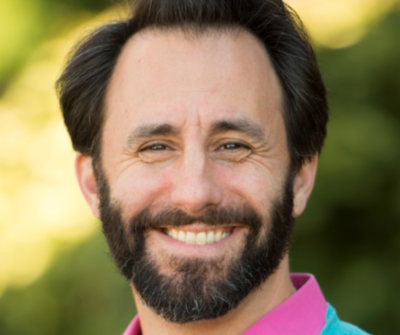
Only Love Can Bring Teshuvah
By listening to human narrative, and even re-visiting what’s challenging, chesed recognizes k’vod habriot in each soul and makes an opening for teshuvah.
more
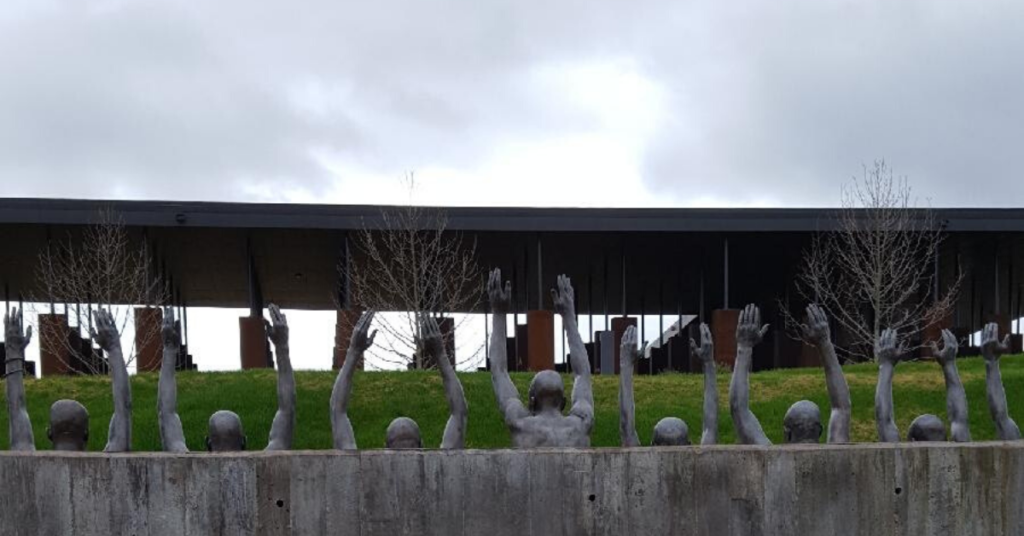
How Teshuvah Can Inform Our Thinking on Slavery and Reparations
In a d’var Torah for Parshat Bo, Rabbi Ari Lev Fornari suggests teshuvah may provide a framework for thinking about reparations.
more
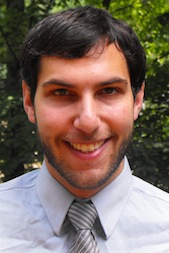
The Work of Teshuvah
According to the Jewish tradition, the period of repentance continues after Yom Kippur until the end of Sukkot. These days may continue to be an opportunity for reflection, but these final days of the holidays are days of celebration. Though none of us know what our fates hold for us, we act as if the...
more
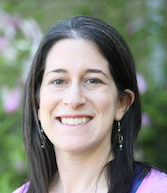
True Teshuvah
When does Jacob do teshuvah for swindling his brother Esau out of birthright and paternal blessing? Reading over the brothers’ reconciliation in Parshat Vayishlach, I am struck by all that is missing. How can the brothers truly reconnect if past hurts are left buried? As Esau approaches, Jacob’s actions show concern but not contrition. He...
more

Chanukah: Spread Love and Righteousness
The Chanukah lights are intended for people on the “outside” — those on the margins. The internal practice of Chanukah is to turn outward and examine how we help illuminate God’s holiness for people on the outside of our society.
more
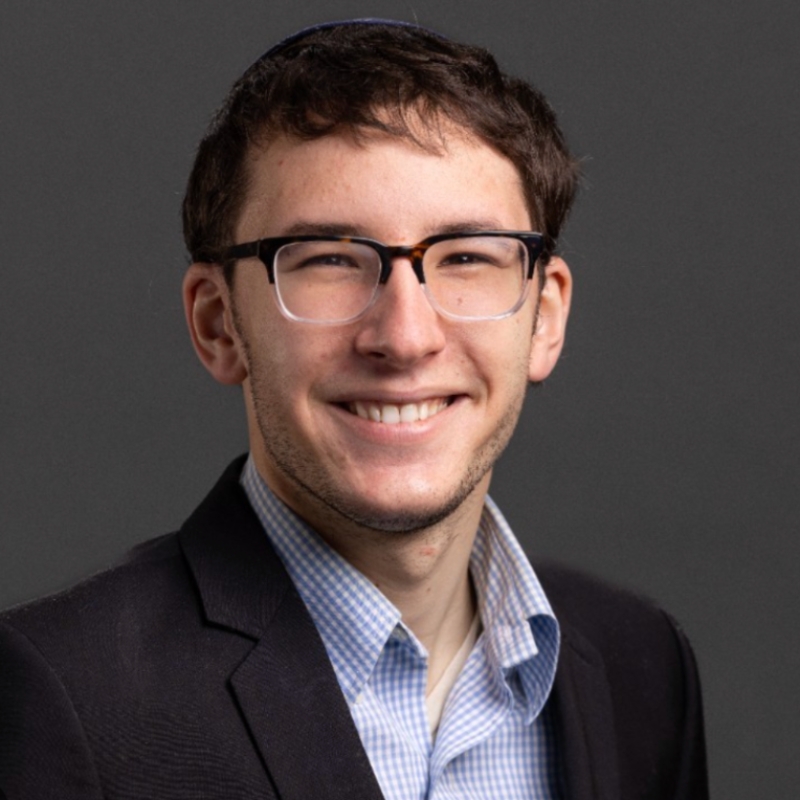
Yom Kippur: Atoning for Our Patterns
While we don’t make the same mistakes each year, the mistakes we make come from similar places. Repentance is a way of approaching the struggles at the core of our being, rather than just feeling guilt for discrete acts of harm.
more
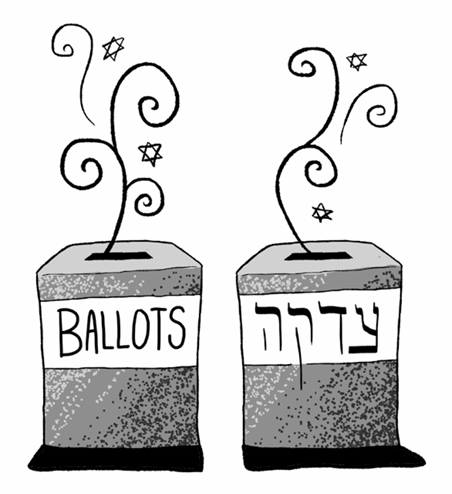
VOTING AND DEMOCRACY: One Possible Halakhic Approach
Rabbi David Polsky reflects on what Jewish tradition has to say about voting and democratic practice.
more
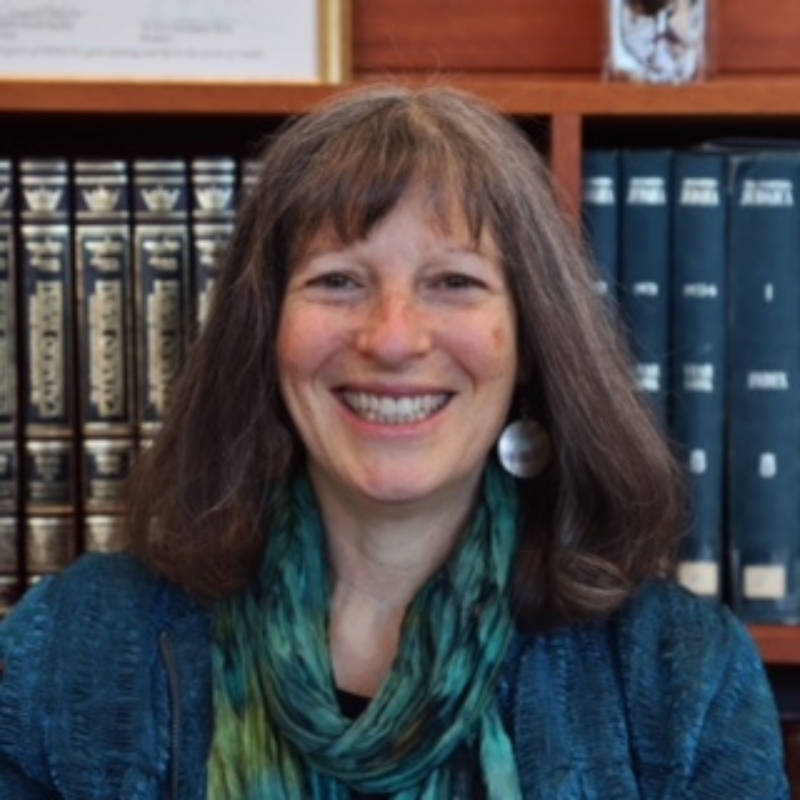
Pinchas: Kein B’not Zelophehad: Diplomacy Vs. Vigilantism
As we deal with a scourge of baseless hatred in our world today, what would it look like to use curiosity as one of the tools in our spiritual toolbox?
more

“May We Create a Nation”: A New Prayer for Our Country
From Rabbi Seth Goldstein: We know that this is a nation founded by massacre, built by slavery, maintained by exclusion, defined by inequality. And we also know that this nation promises equality, exercises resilience, evolves continuously, practices teshuvah.
more

